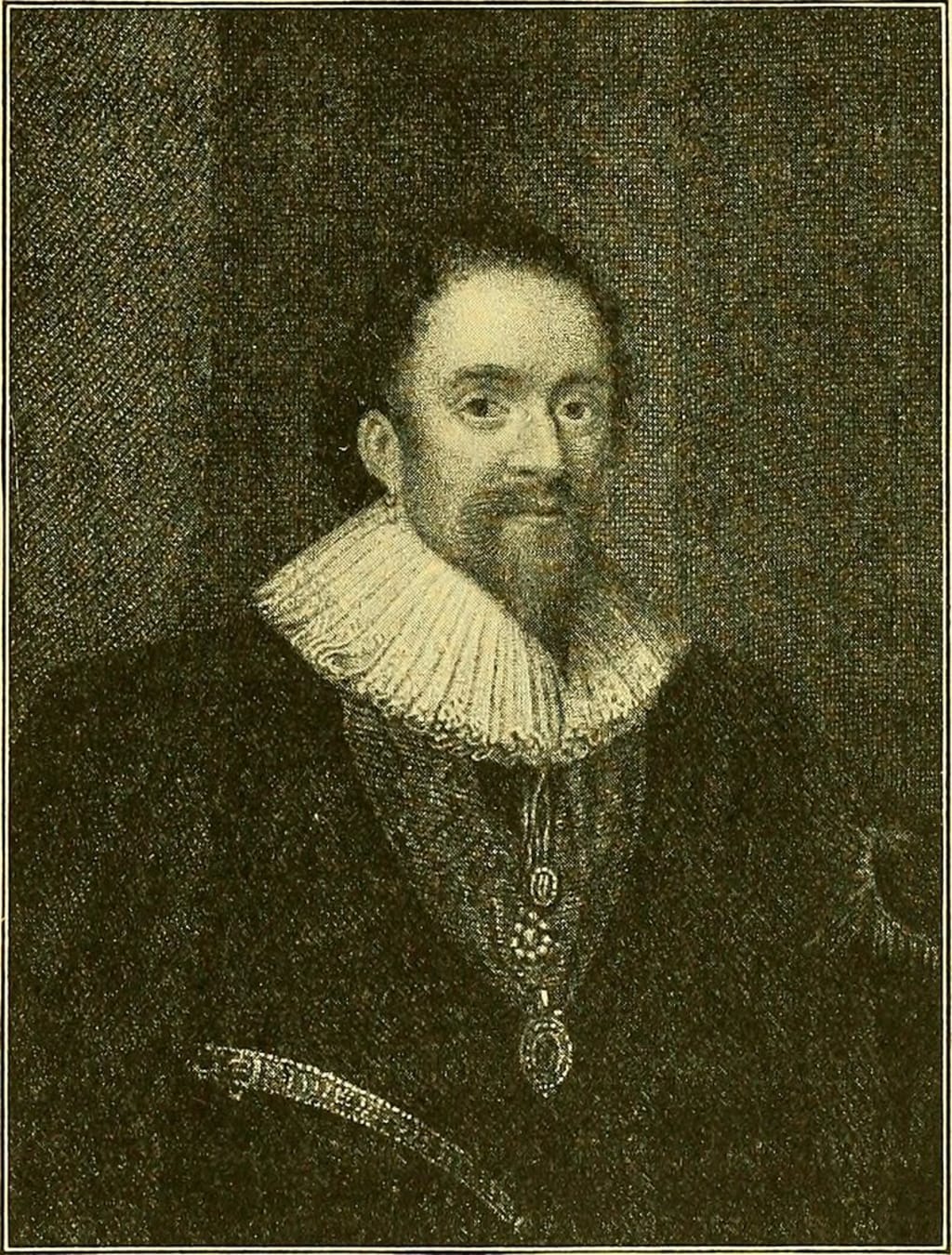Shakespeare's Linguistic Legacy: Inventor of Over 1,700 Common English Words
Shakespeare's Linguistic Legacy

Shakespeare's Linguistic Legacy: Inventor of Over 1,700 Common English Words
William Shakespeare, widely regarded as the greatest playwright in the English language, not only enriched literature with his timeless works but also left an indelible mark on the English lexicon. His remarkable command over words led to the creation of an astonishing number of new terms, with estimates suggesting that he invented over 1,700 common English words. This article explores Shakespeare's linguistic contributions, shedding light on the enduring impact his plays and poetry have had on the evolution of the English language.
1. The Creative Genius of Shakespeare:
Shakespeare's unparalleled creativity and linguistic prowess allowed him to craft language in unprecedented ways. His ability to coin new words and phrases stemmed from his desire to express complex emotions, capture vivid imagery, and delve into the depths of human experiences. Shakespeare had an intuitive understanding of language, and he fearlessly experimented with wordplay, neologisms, and grammatical structures, leaving an everlasting influence on the English vocabulary.
2. Examples of Shakespeare's Inventions:
2.1. Expressions and Idioms:
Shakespeare's works introduced countless expressions and idioms that have become an integral part of the English language. Phrases like "break the ice," "heart of gold," and "wild-goose chase" originated in his plays, providing vivid imagery and succinct descriptions of human behavior and emotions.
2.2. Nouns:
Shakespeare's vast repertoire of nouns includes terms such as "eyeball," "bedroom," and "assassination." These words filled gaps in the English vocabulary, allowing for precise descriptions and stimulating the imaginations of both his contemporaries and future generations.
2.3. Verbs:
Shakespeare's contribution to the realm of verbs is equally remarkable. He created verbs such as "elbow," "rant," and "hint" to convey specific actions or states of being. By inventing these dynamic words, he expanded the expressive potential of the English language, enabling writers and speakers to convey their thoughts and emotions with greater nuance.
2.4. Adjectives:
Shakespeare's plays are brimming with inventive adjectives that add depth and color to his characters and settings. Words like "gloomy," "fashionable," and "lackluster" were brought to life by his creative genius, enriching the descriptive power of the English language.
3. The Enduring Influence:
Shakespeare's contributions to the English language extend far beyond his own time. The words he coined continue to shape contemporary speech and writing. His inventive vocabulary has seamlessly integrated into everyday usage, transcending the confines of his plays and permeating numerous spheres of communication, from literature and poetry to film, theater, and even casual conversations.
4. Shakespeare's Legacy in Modern English:
4.1. Literature and Education:
The influence of Shakespeare's language extends to the realm of literature, where his words continue to inspire writers and readers alike. Educators around the world introduce students to his plays, allowing them to explore the depth and beauty of the English language while discovering the origins of many commonly used words and phrases.
4.2. Cultural Significance:
Shakespeare's linguistic legacy also plays a significant role in popular culture. References to his works and the words he invented can be found in music, movies, advertising, and even everyday expressions. His impact is a testament to the enduring relevance of his linguistic innovations.
Conclusion:
William Shakespeare's profound impact on the English language cannot be overstated. Through his unparalleled creativity, he invented over 1,700 common English words that continue to resonate in our contemporary world. From nouns to verbs, adjectives, and idioms, his linguistic inventions have enriched our vocabulary and provided a lasting testament to his genius. Shakespeare's legacy is a testament to the enduring power of language and a reminder of the profound influence that one individual can have on the evolution of a language.
These words, along with many others, have seamlessly integrated into everyday English usage. Shakespeare's ability to coin new words and phrases not only enriched the language but also allowed him to express complex ideas and emotions with remarkable precision.
Overall, Shakespeare's linguistic contributions are a testament to his literary genius and the enduring impact of his works on the English language. His inventive wordplay continues to captivate readers and inspire writers to this day.
About the Creator
News Bucks
Global News Reporter






Comments
There are no comments for this story
Be the first to respond and start the conversation.